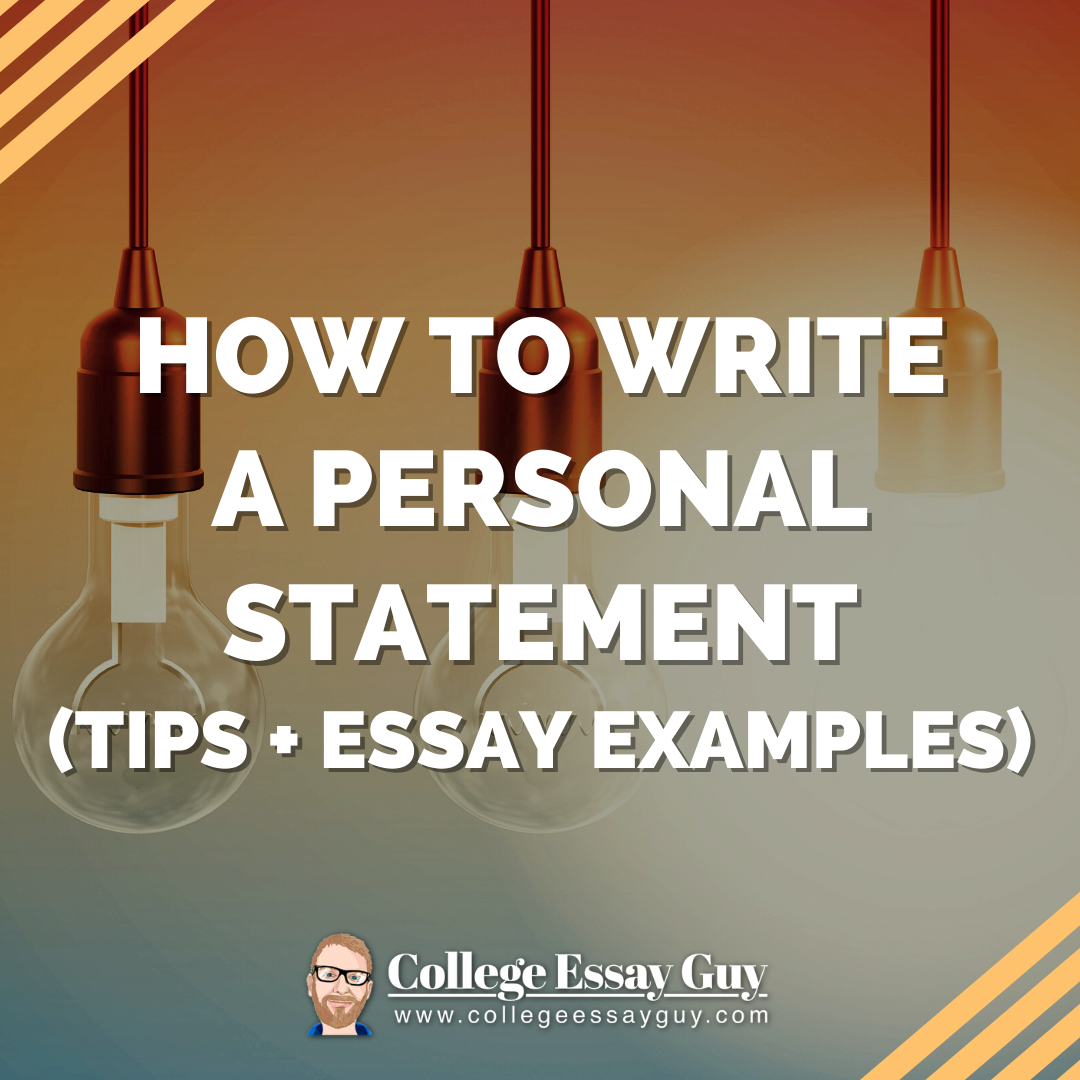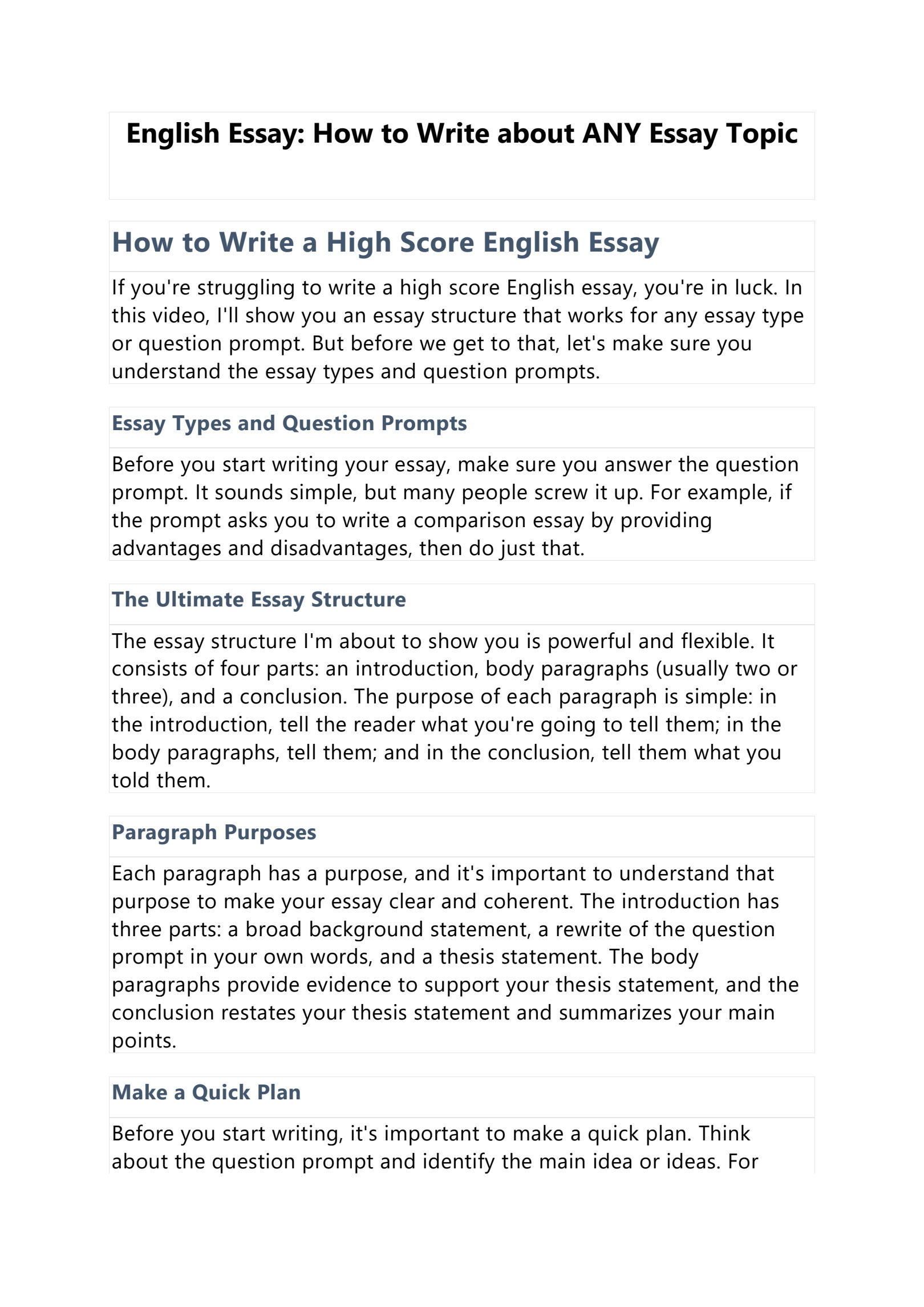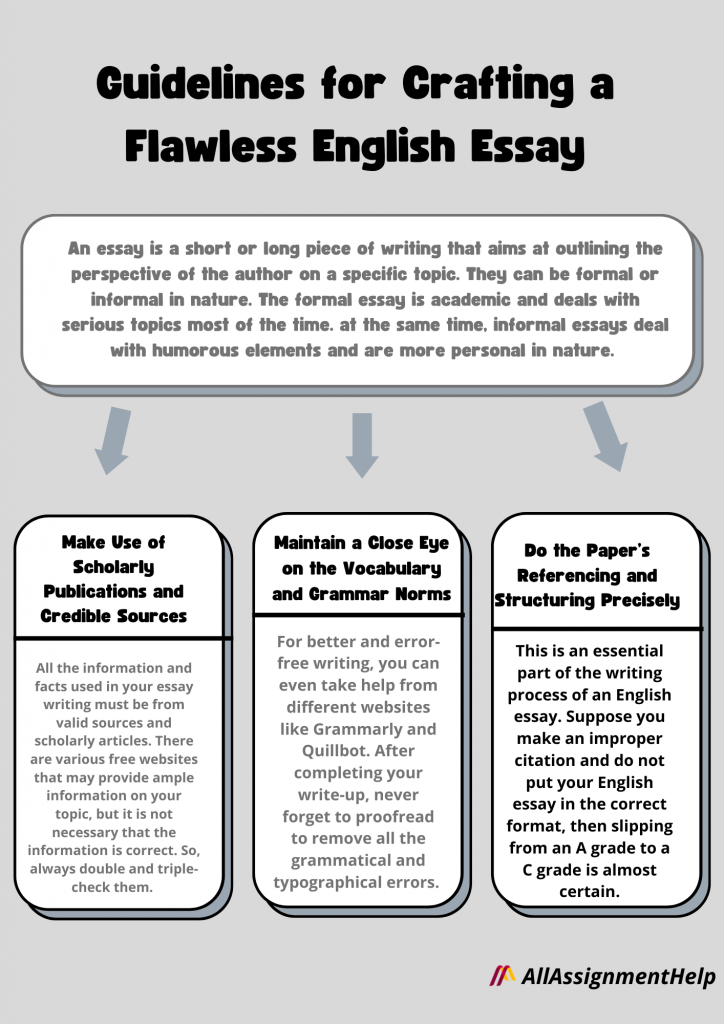Unlocking the Secrets: Writing College Essays Made Easy
Unlocking the Secrets: Writing College Essays Made Easy
So, you’re staring at a blank page, feeling the pressure of writing your college essay, right?
You’re not alone.
I remember the anxiety of wondering if my ideas would connect with professors or if my writing would even be “good enough.”
But guess what?
Writing college essays can actually be straightforward and even enjoyable.
Let’s break it down together.
I’ll share some killer tips and strategies that helped me simplify my essay writing, boost my creativity, and impress my professors.
By the end, you’ll feel ready to tackle your college application essays with confidence.

Understanding the Purpose of College Essays
First things first, let’s get clear on why you’re writing these essays.
College essays aren’t just assignments.
They’re your chance to express yourself and show who you are.
Colleges want to see your writing skills, creativity, and how well you can share your thoughts.
The Importance of Authenticity
Here’s a big tip: Be yourself.
When I wrote my college application essays, I focused on my own experiences.
I didn’t try to fit into some idea of what the admissions committee wanted.
Instead, I shared my unique perspective.
This made the process more enjoyable and helped my essays stand out.
Strategies for Easy College Writing
1. Brainstorming Ideas
Start by brainstorming.
Jot down everything that comes to mind related to the essay prompt.
This free-writing approach lets you explore different angles and find themes to focus on.
If you’re stuck, try:
- Mind maps to visualize your thoughts
- Lists of significant moments in your life
- Personal challenges you’ve overcome
- Passions that drive you
The more specific, the better!
2. Creating an Outline
Once you’ve got your ideas, create an outline.
Think of it as your essay’s roadmap.
Here’s a simple outline format:
- Introduction
- Hook: Grab the reader’s attention
- Thesis statement: Present your main idea
- Body Paragraphs
- Topic sentence: Introduce the main point
- Supporting details: Use examples to back it up
- Conclusion
- Restate your thesis: Summarize your argument
- Closing thoughts: Leave the reader with something to think about
3. Writing the First Draft
With your outline ready, dive into writing your first draft.
Remember, it doesn’t have to be perfect.
Just get your ideas down on paper.
Tip: Don’t stress about grammar or structure at this stage.
Just write!
4. Seeking Feedback
After you’ve got your draft, get some feedback.
Share it with friends, teachers, or family.
A fresh pair of eyes can help you spot areas that need clarity or improvement.
If you want more tailored feedback, consider using resources like AI Essay Writer.
They can help refine your writing.
5. Editing and Proofreading
Editing and proofreading are crucial.
Take a break after finishing your draft.
When you come back, you’ll see it with fresh eyes.
Focus on:
- Grammar and punctuation
- Clarity and coherence
- Consistency in tone and style
Enhancing Creativity in Your Writing
Let’s make your college essay memorable.
Here are some strategies I used to boost my creativity:
1. Use Vivid Imagery
Paint a picture with your words.
Instead of saying, “I was nervous,” try something like, “I felt butterflies fluttering in my stomach, and beads of sweat formed on my forehead.”
This brings your story to life!
2. Experiment with Different Styles
Play around with your writing style.
Vary your sentence structure and use rhetorical devices like metaphors or anecdotes.
This keeps things engaging and helps you find your unique voice.
3. Read Other Essays
Check out examples of great college essays.
I found inspiration in resources like 27 Outstanding College Essay Examples From Top Universities.
Reading these can give you insight into what works.
Common Pitfalls to Avoid
Even though writing college essays can be fun, watch out for these common traps:
1. Clichés and Overused Topics
Stay away from generic topics.
Instead, focus on your unique experiences.
If you’re tempted to write about overcoming adversity, think about how to present it in a fresh way.
2. Lack of Focus
Make sure your essay has a clear focus.
Don’t dilute your message with too many anecdotes.
Stick to your thesis and ensure each paragraph supports it.
3. Ignoring the Prompt
Always refer back to the essay prompt.
Highlight key phrases and check them off as you write.
This keeps you on track and ensures you meet the requirements.
Frequently Asked Questions (FAQs)
Q1: How long should my college essay be?
Most college essays are between 250 and 650 words.
Check the specific requirements for each application.
Q2: Can I write about a negative experience in my essay?
Absolutely!
Writing about challenges can be powerful if you focus on the lessons learned and personal growth.
Q3: Should I use humour in my college essay?
Humour can work, but use it wisely.
Make sure it fits the tone of your essay and doesn’t distract from your message.
Q4: What if I don’t have a standout story to tell?
Everyone has unique experiences.
Even ordinary moments can be compelling.
Focus on how you felt and what you learned.
Q5: How can I make my essay stand out?
Be authentic.
Share personal anecdotes and use vivid imagery.
Your voice is what will make your essay memorable.
Conclusion
Writing college essays doesn’t have to be stressful.
By embracing authenticity and using effective strategies, you can transform your approach to writing.
Your college application essays reflect who you are, so let your personality shine!
With these tips, you’re ready to tackle your college essays with confidence and creativity.
For more guidance, check out the video “Writing College Essays Is Easy, Actually” on YouTube.
Happy writing!


By following these strategies and embracing your unique voice, you can unlock the secrets to writing college essays that are not just easy, but enjoyable.
Good luck!


